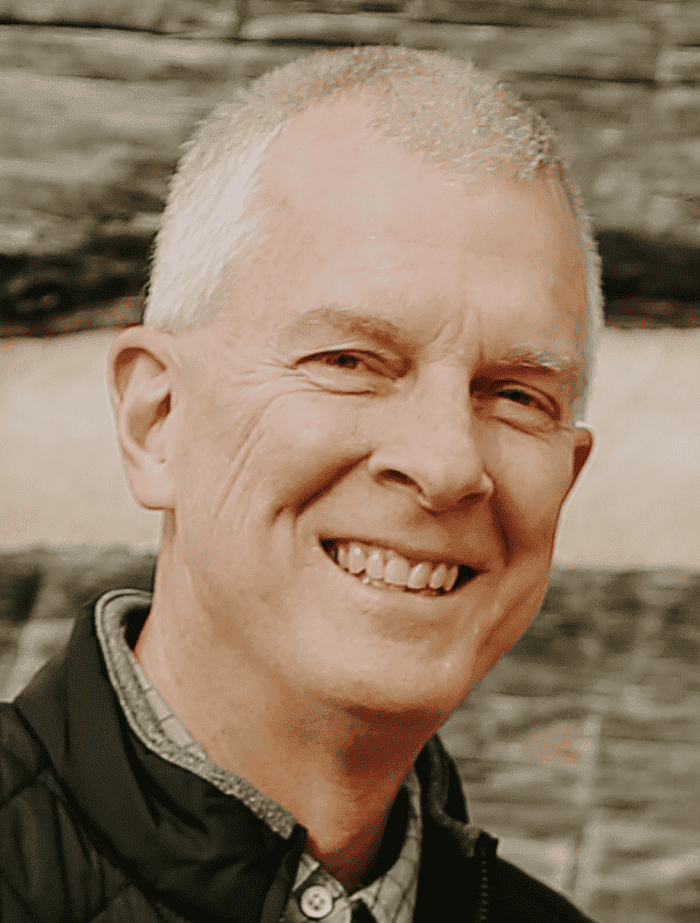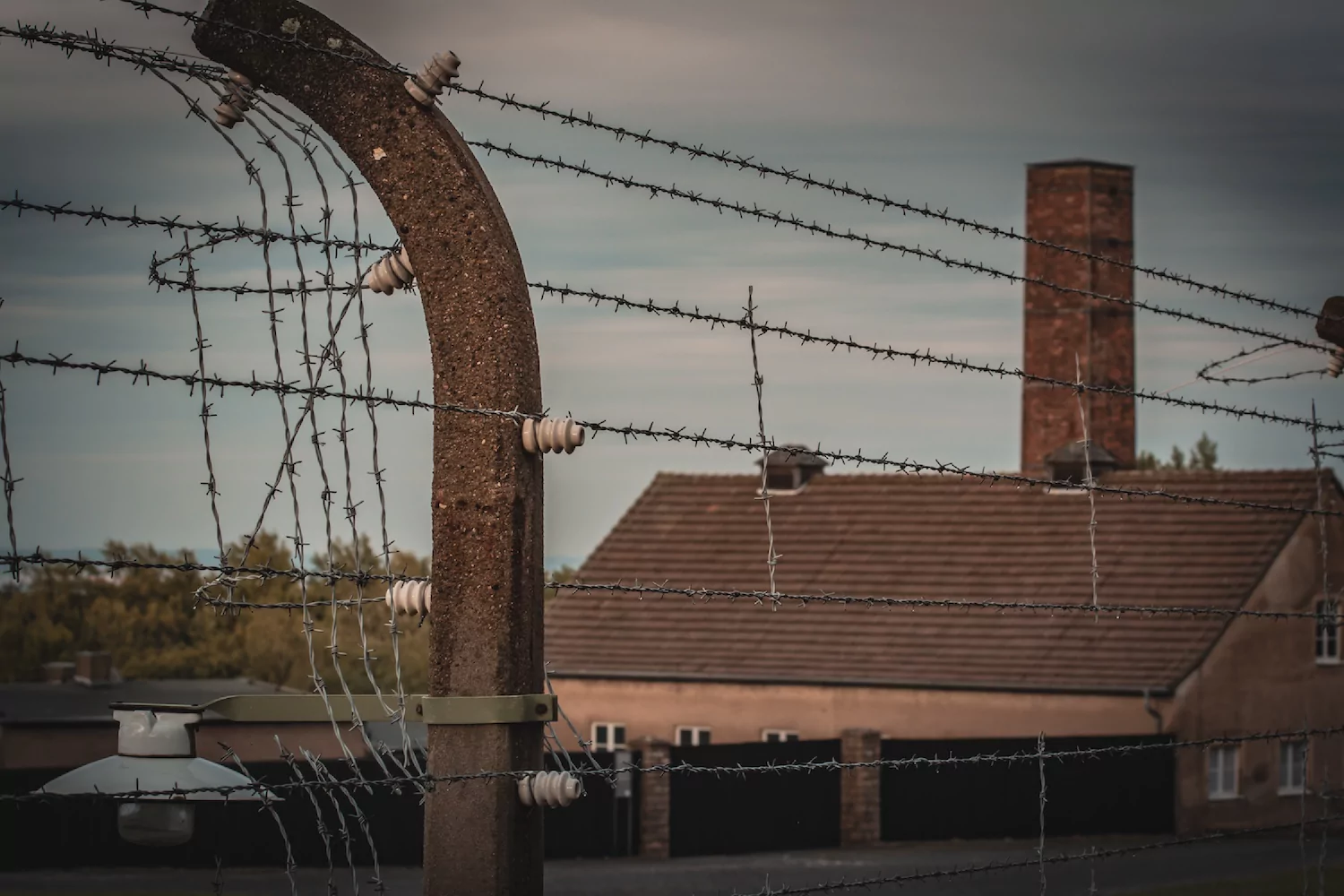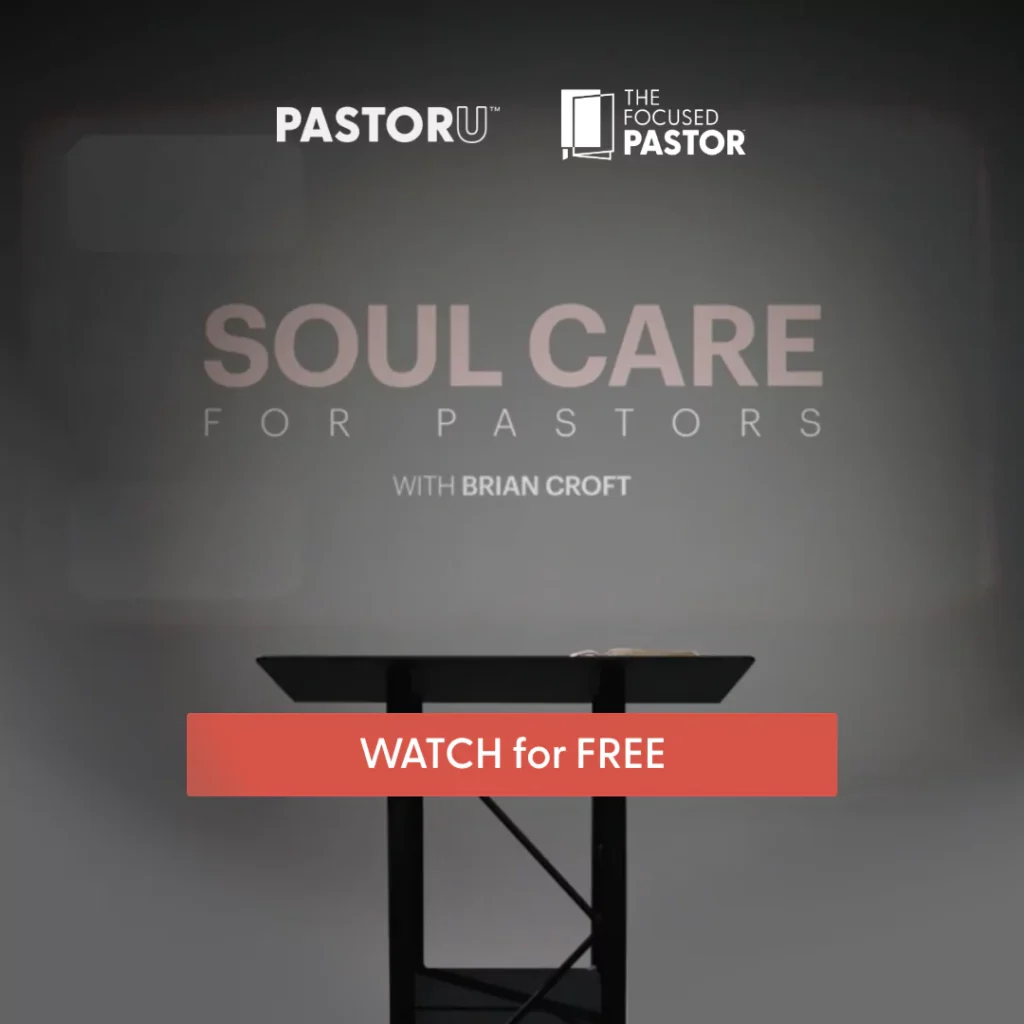Pastor, In Times Like These, We Must Remember Paul Schneider
“Some were tortured, refusing to accept release, so that they might rise again to a better life…of whom the world was not worthy.” Hebrews 11:35, 38 (ESV)
Several years ago, I broke my leg playing flag football and had a little downtime on my hands. In God’s providence, this led to some extra reading, which brought me into contact with a man who has become a hero in my life.
His name is Paul Schneider. Most pastors have never heard of this faithful shepherd, who went to prison and left behind a wife and six small children, who saw through the dangers of German nationalism when many pastors didn’t, who was committed to preaching God’s Word even while Gestapo agents were sitting in the congregation in front of him. I’m convinced he has much to say to pastors in our day, and I’d like to share his story with you.
A Country in Turmoil and a Student with a Faith Crisis
Schneider was born in 1897 in the village of Pferdsfeld, Germany. He was the son of a country parson who grew up loving the church. He also loved his country and served for three years in the First World War on both the eastern and western fronts. He was wounded in action and earned the Iron Cross.
After the war, he went to the university in Giessen and studied theology, desiring to help rebuild a “heartbroken nation and a heartbroken humanity,” as he later explained. He did a practicum with coal miners for a year, during which time he wrestled with his faith. The liberal theology he had previously embraced began to crumble in the face of suffering. Eventually, he learned and affirmed the faith once delivered to the saints (Jude 3).
Ordained 100 Years Ago
One hundred years ago, in 1924, Schneider was ordained to gospel ministry. After his father’s death, he began pastoring the church his father had led in Hochelheim, where he served from 1926 to 1934. The Lord blessed him with a godly wife, Margarete, and six precious children.
Pastor Schneider saw something most Germans didn’t see clearly in the early 1930s. The Nazis were not “Christian,” as they portrayed themselves, but anti-religious and pagan. And in his sermons and correspondence, he said so.
When Love for God and Country Are in Tension
In October 1933, Schneider told his congregation the Nazis were wrong to try and build a Third Reich without seeking the internal regeneration of the German people. In 1934, Schneider preached a sermon entitled, “Christ Crossing the Stormy Lake and Jesus’ Glory,” based on the texts of Luke 8:22-25 and Matthew 14:22-32. Here is an excerpt of what this faithful shepherd said as the wolves attacked his flock:
The little boat of the church of Christ is traveling on stormy seas…
There is no longer a fence between saints and pagans who adamantly want nothing to do with God’s Word… We have tolerated the teachings of Balak, of liberalism that praises the goodness and freedom of men and women while minimizing the honor of God and letting the seriousness of eternity fade away into a misty haze… We are auctioning away the forgiveness of sins, the most precious good of Christ’s church, like mass-produced pieces of junk that anyone can buy for a penny…
But we must remember that in this boat of the church, the Lord is with us… And it only looks as if our Lord is asleep and is not concerned about us. But soon he will be up, for the storms are now coming over his church…
I would rather die for my faith than live a cowardly and cultured life with the rest of the world.
As you can imagine, such preaching infuriated the Nazi authorities. Consequently, Schneider was removed from his pastorate and demoted to a smaller, less influential church in the little town of Dickenschied.
Success Is Not Size, But Faithfulness
Within a few months of the forced transfer, Scheider was in hot water again with the Nazis. A 17-year-old boy died, and Schneider conducted his funeral service. But since the boy was a member of the Hitler Youth movement, a Nazi dignitary interrupted the funeral to make a political speech in which he said that the dead boy had gone to join the “Horst-Wessel Brigade” in heaven. Pastor Schneider protested, pointing out with his blunt humor that “there was no evidence that St. Peter gave automatic entry into heaven to members of the Hitler Youth.”
He was arrested for that remark and put in prison. His congregation objected, drew up a petition, and he was released. It wasn’t long before he was rearrested, sent back to prison, then released. This happened again and again. If only he would be quiet, this pastor could have enjoyed a comfortable life with his wife, six children, and friendly congregation.
If government officials arrested you and said you would go to prison if you kept preaching at your church, would you preach there this Sunday?
In 1937, Schneider preached a sermon from Luke 17 that infuriated the Gestapo, who arrested him again and then released him with the order that he not go back to his congregation. He could remain a free, family man, they said. All he had to do was not preach.
But he refused. He knew his calling. He made a public statement, “Germany’s fate does not depend on the presence of German troops on the Rhine, but on the German people’s attitude to the word of God.”
Just days after returning to care for his flock, the Gestapo arrested him again. As they took him away, Schneider cried out to his wife:
“Tell my congregation that I am and always will be their pastor.”
He would never see freedom again. In November 1937, he was taken to Buchenwald concentration camp. At one of the first prisoner parades, he refused to take off his cap when guards hoisted the swastika flag. He was immediately taken into custody, placed in the rack, and whipped severely. There is no record of Schneider uttering a sound.
He was thrown into solitary, with no lighting, where he slept on the floor. He existed on a bread-and-water diet, and a cruel SS overseer beat him continually. The tortures he endured over the next two years are unthinkable.
Again, he knew all he had to do to gain his freedom was promise not to return to his church. A fellow prisoner said he should spare himself, go home, and care for his wife and six little children. His response?
“I know why I am here. Do you think that God gave me children that I might only provide for their material welfare? Were they not entrusted to me so that I might safeguard them for eternity?”
While in solitary, Schneider would often speak out through the window when he heard people on the parade ground. “Jesus said, I am the life!” he would announce. For such “preaching,” the SS would again beat him mercilessly.
Would you be willing to go to a concentration camp over the practice of church discipline?
While studying Schneider’s life, I was shocked that his answer was yes. He led the church in the removal of a member who had refused to repent of ungodly behavior. This brave pastor did so with the full knowledge that the excommunicated man was a Nazi party member.
Margarete wrote the following letter to the authorities (she wrote many letters), asking for her husband’s release and explaining the rationale for his “criminal” actions of practicing church discipline.
My husband has been in the Buchenwald concentration camp near Weimar since November 28, 1937 since as a Protestant pastor and an ordained servant of the divine Word, he could not accept the deportation…that was imposed on him, acting in obedience to the Holy Scriptures and the confession of our fathers… I can testify to the fact that during his whole ministry my husband has scrupulously guarded this point of Christian doctrine [referring to the practice of church discipline]… He has had to suffer many trials because of it.
Protesting Injustice by Word and Deed
A fellow prisoner, Alfred Leikam, later wrote this testimonial. “In camp life the greatest of all trials for me was to stay silent in the face of unimaginable wrongs inflicted on the people there, or even to be forced to participate in such things… As far as I know, there was only one man in Germany who did not share in this guilt. This was Pastor Schneider, who even in the concentration camp protested by Word and deed against injustice, and for this died a martyr’s death.”
In 1939, the officials at Buchenwald took Schneider’s life, making him the first protestant pastor to die at their hands. Just before his death, Schneider exchanged these words with a fellow inmate, Peter Propst.
“There is no spot on me that has not been beaten black and blue. They have given me injections… I will probably not live much longer. I want to bless you as I say good-bye and also pray for you, asking that you will follow the right path.”
The Importance of Remembering
Hebrews 13:7 tells us, “Remember your leaders, those who spoke to you the Word of God. Consider the outcome of their way of life, and imitate their faith.”
My fellow pastor, let us heed this exhortation. Let us remember our fellow shepherd, Paul Schneider. Let us learn from his example. Let us imitate his faith.
Acknowledgement
I first learned about Pastor Paul Schneider from the book, July 20, 1944: Germans Against Hitler, and have included several quotes from that source. Other helpful resources include:
- Paul Schneider: Witness of Buchenwald, by Rudolf Wentorf
- Preaching in Hitler’s Shadow: Sermons of Resistance in the Third Reich, Dean G. Stroud, editor
- Bonhoeffer: Pastor, Martyr, Prophet, Spy, by Eric Metaxas
- The Fruit of Lips that Acknowledge His Name: The Witness of Pastor Paul Schneider, by Nathan Tarr
©Brad Brandt. Used with permission.
About The Author

Brad Brandt
Brad Brandt serves as Senior Pastor at Wheelersburg Baptist Church in Wheelersburg, Ohio. He is also Fellow with the Association of Certified Biblical Counselors, and his passion in life is to know Christ and make Christ known to others.









